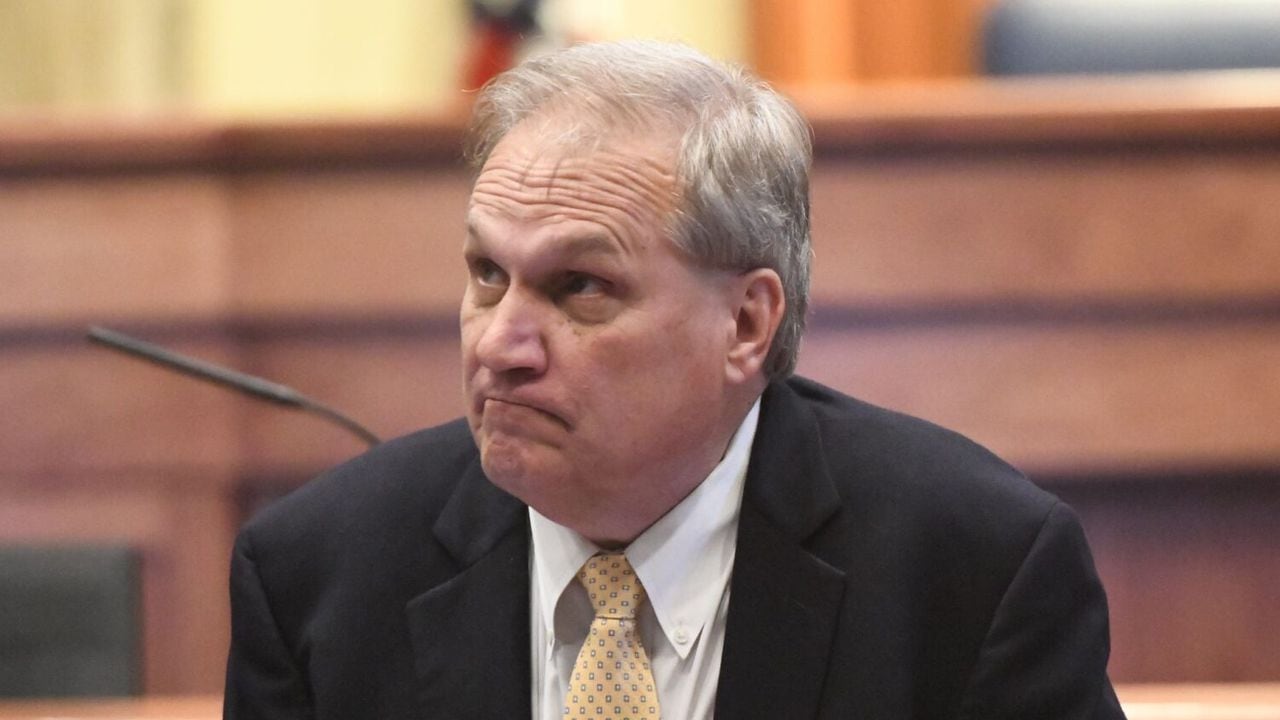Alabama lawmakers remove automatic repeal date from IVF bill
State lawmakers scrambling to provide legal protection for in vitro fertilization clinics passed bills in the Alabama House and Senate on Thursday after removing automatic repeal dates that were in earlier versions of the legislation.
One of the two bills could become law as soon as next Wednesday.
The Senate passed SB159 by Sen. Tim Melson, R-Florence, by a vote of 34-0. Melson’s bill originally had an automatic repeal date of June 1, 2025. But that was removed from the bill before it passed.
Melson said the repeal date was initially included as an incentive to make lawmakers proactive about exploring the issues of IVF clinics and studying what future legislation might be needed to help govern them long-term.
Melson, who is a physician, said the repeal date was removed because of the potential impact on families’ decisions to seek IVF services if they knew the law governing the services would change in the next year and recognizing that the IVF process takes months.
“When you think about it, this doesn’t happen overnight,” Melson said. “It’s a process. You have to go through a lot of steps.”
Several large providers of IVF services in Alabama have paused operations after a Feb. 16 Alabama Supreme Court ruling that frozen embryos stored at clinics have the status of unborn children under state law. The court found that clinics could be liable under Alabama’s wrongful death act for the destruction of embryos.
SB159 says ”no action, suit, or criminal prosecution for the damage to or death of an embryo shall be brought or maintained against any individual or entity when providing or receiving services related to in vitro fertilization.”
Melson said he hopes that if SB159 becomes law, it would provide the immunity to allow the clinics to resume services. He acknowledged that many questions remain about the IVF process and how to reconcile it with the Supreme Court ruling.
“There is other concerns that we need to address, but we’ll continue to work on those,” Melson said.
Some Democratic lawmakers, in recent days and during debates on the House and Senate floor Thursday, said lawmakers need to directly address the question of whether an embryo in storage in a clinic outside of a woman’s uterus has the same legal status as an unborn child.
Sen. Linda Coleman-Madison, D-Birmingham, proposed an amendment to Melson’s bill that said: “Any fertilized human egg or human embryo that exists in any form outside of a human uterus is not considered an unborn child, a minor child, or a human being for any purpose under state law.”
The Senate declined to add that amendment to the bill.
Melson said lawmakers must be careful with legislation that seeks to define when life begins.
“It’s a tough question,” Melson said. “Again, we have a very strong pro-life stance, especially on the Republican side. Democrats too, they just feel uncomfortable saying it the same as us. But they appreciate and respect the sanctity of life.”
“I don’t have the answer,” Melson said. “I wish I did and I would have accepted that amendment or offered it. She’s probably right, we’re going to have to make a decision eventually.”
The IVF process generally results in creating embryos that are not eventually implanted inside the mother’s uterus. The questions concern what happens with those embryos and what is their legal status under the Alabama law.
In 2018, Alabama voters approved a constitutional amendment that recognizes the rights of the unborn, including the right to life. Alabama House Democrats have proposed an amendment to that part of the constitution that says, “for the purpose of this section, an extrauterine embryo is not an ‘unborn life’ or ‘unborn child.’” That bill, HB240, was not considered on Thursday.
The House passed HB137 by Rep. Terri Collins, R-Decatur, by a vote of 94-6 after about two-and-a-half hours of debate. HB137 is almost identical to Melson’s bill. It originally included an automatic repeal date of April 1, 2025. That was removed from the version that passed the House.
Speaker Nathaniel Ledbetter, R-Rainsville, said lawmakers did not want patients to be put on hold again because the law changed and the legal immunity for the clinics expired.
“If you think about the process, it takes a number of months for somebody to go through that,” Ledbetter said. “What we didn’t want to do is run up to the end of it and the same thing happened that happened this last week, where they shut them back down and then people that’s right in the middle of going through the process of the shots and through getting the embryo would be shut down. So that’s something we just didn’t want the women to have to deal with again.”
Ledbetter said the plan is to organize a group to study what the Legislature needs to do in the long-term regarding the IVF process and the clinics. He said that was why the repeal date was originally included.
“It was just to make sure that we got something done permanently, that’s why it was put in there, just to make sure there was a fix instead of a Band-Aid solution,” Ledbetter said.
“I think doing it this way and trying to get some folks together and figure out a solution is a positive step.”
The Legislature returns on Tuesday. SB159 or HB237 could receive final passage as early as Wednesday.
